STUDY | EXPLORE | ADVOCATE
challenge your understanding and impact the world
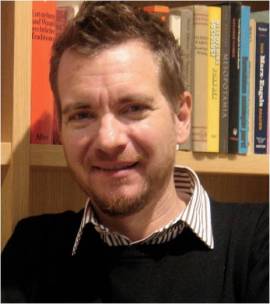 E-mail: This email address is being protected from spambots. You need JavaScript enabled to view it.
E-mail: This email address is being protected from spambots. You need JavaScript enabled to view it.
Professor Stefan Ihrig is a professor of history at the University of Haifa. He works on various aspects of European and Middle Eastern history with an interest in the media as well as political and social discourses. Prof. Ihrig received his Ph.D. in History from the University of Cambridge. Formerly, Prof. Ihrig was a Polonsky Fellow at the Van Leer Jerusalem Institute, a lecturer at the University of Regensburg and the Free University Berlin, as well as a researcher and project assistant at the Georg Eckert Institute, Braunschweig. His most recent book is Justifying Genocide – Germany and the Armenians from Bismarck to Hitler (Harvard University Press, 2016). His previous book, Ataturk in the Nazi Imagination (Belknap Press/Harvard University Press, 2014), received an official commendation in the 2013 Fraenkel Prize Competition of the Wiener Library for the Study of the Holocaust and Genocide.
 E-mail: This email address is being protected from spambots. You need JavaScript enabled to view it.
E-mail: This email address is being protected from spambots. You need JavaScript enabled to view it.
Professor Carol A. Kidron is an Associate Professor in the Department of Anthropology at the University of Haifa, Israel. Kidron has undertaken comparative ethnographic work with Holocaust descendants in Israel and children of Cambodian genocide survivors in Cambodia and Canada. She has focused on the interface between private and public Holocaust and Genocide memory work in Israel, Canada, and Cambodia, aiming primarily to re-conceptualize trauma descendant lived memory of difficult pasts as silent intersubjective embodied and emotive presence. Kidron has examined ways in which universalizing epistemological frames (psychological illness construct of PTSD, Genocide Studies, Culture Studies (trauma theory) Human Rights and the more recent moral anthropology) discursively elide the private and familial experience of presence while facilitating the public appropriation and translation of private memory into either public niches of domesticated representation of lived memory or ‘dead’ forms of politicized absence. Beyond her interest in personal and collective Holocaust and Genocide commemoration, Kidron's more recent research examines the glocalization of discourses on justice and reconciliation, victimhood, and memory in post-conflict societies. Her present field work in Cambodia explores processes of localization and friction in local-global encounters and the multi-layered responses to hegemonically imposed memorialization, organic forms of genocide commemoration and atrocity tourism.
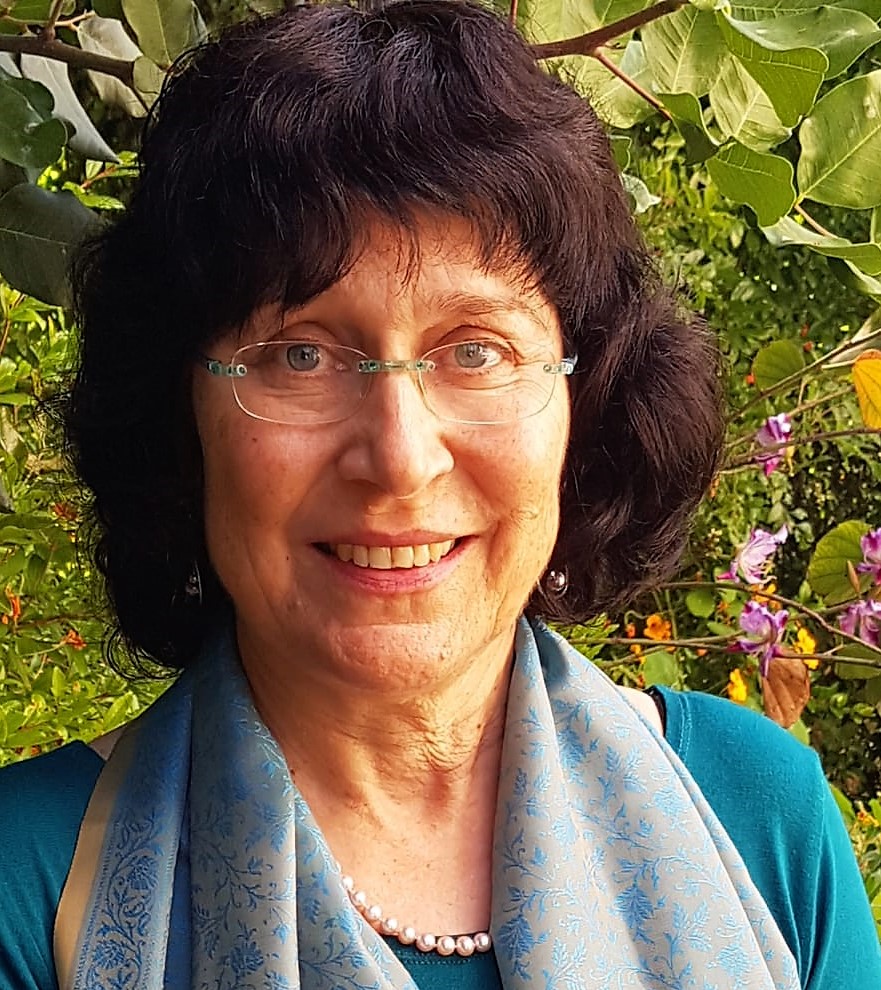 E-mail: This email address is being protected from spambots. You need JavaScript enabled to view it.
E-mail: This email address is being protected from spambots. You need JavaScript enabled to view it.
Professor Hadas Wiseman is a Professor in the Department of Counseling and Human Development, Faculty of Education, and in the Weiss-Livnat International MA Program in Holocaust Studies, University of Haifa, Israel. In the Holocaust studies program, she teaches a course on ‘Psychological aspects of the memory of the Holocaust.’ She has been studying intergenerational processes in families of Holocaust survivors. She is the senior author (with Jacques P. Barber) of Echoes of the Trauma: Relational Themes and Emotions in Children of Holocaust Survivors (New York: Cambridge University Press, 2008). She published articles and chapters on intergenerational communication patterns among child survivors, children and grandchildren of survivors (with Adi Duchin), and children of rescuer of Jews during the Holocaust (with Lilach Ashoulin). Professor Wiseman is a certified clinical psychologist and a psychotherapy researcher and was formerly President of the Society for Psychotherapy Research (SPR). She is co-editor (with Orya Tishby) of The Therapeutic Relationship: Innovative Investigations (New York: Routledge, 2015); and of Developing the Therapeutic Relationship: Integrating Case Studies, Research and Practice (Washington: American Psychological Association, 2018). Through the years, she has presented her work on intergenerational effects of the Holocaust in Vancouver and Toronto, Canada; in Melbourne, Australia; in New York, USA and in Buenos Aires, Argentina. She was a Visiting Professor at the Department of Counseling Psychology, Faculty of Education, Simon Fraser University, Canada; and at Applied Psychology and Human Development, OISE, University of Toronto, Canada.
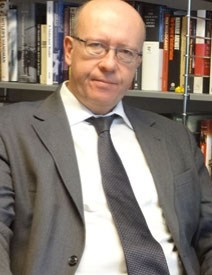 E-mail: This email address is being protected from spambots. You need JavaScript enabled to view it.
E-mail: This email address is being protected from spambots. You need JavaScript enabled to view it.
Professor Jan Grabowski is a Full Professor of History of the Holocaust at the University of Ottawa and the co-founder of the Polish Centre for Holocaust Research at the Institute of Philosophy and Sociology of the Polish Academy of Sciences (Warsaw). A graduate of the University of Warsaw and the Université de Montréal, his research includes the issues surrounding the extermination of the Polish Jews as well as the history of the Jewish-Polish relations during the 1939-1945 period. He is the author of several monographs, including Hunt for the Jews. Betrayal and Murder in German-Occupied Poland (Indiana University Press, Bloomington & Indianapolis, 2013) which has been awarded the Yad Vashem International Book Prize for 2014.
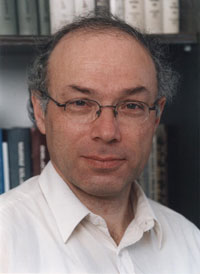 E-mail: This email address is being protected from spambots. You need JavaScript enabled to view it.
E-mail: This email address is being protected from spambots. You need JavaScript enabled to view it.
Professor Dan Michman is Head of the International Institute for Holocaust Research and Incumbent of the John Najmann Chair of Holocaust Studies. He is also Emeritus Professor of Modern Jewish History, Chair of the Arnold and Leona Finkler Institute of Holocaust Research and Incumbent of the Abraham and Edita Spiegel Family Chair in Holocaust Research at Bar-Ilan University. he studied Jewish history and Hebrew linguistics at the Hebrew University of Jerusalem, where he earned his doctorate in 1978 by writing a dissertation on “Jewish Refugees from Germany in The Netherlands, 1933–1940”. In 1976 he joined the faculty of the Department of Jewish History at Bar-Ilan University, teaching and researching in the field of modern Jewish history in general and in the Shoah in particular. Professor Michman has published numerous books and articles in a variety of languages on the history of Dutch and Belgian Jewry, Israeli society, and mostly on various aspects of the Shoah—historiography, ghettos, Judenräte and Jewish leadership, Jewish religious life, problems of Jewish refugees and migration, resistance, Western Europe, the survivors, the impact of the Shoah on Israeli society and religious Jewry, and more.
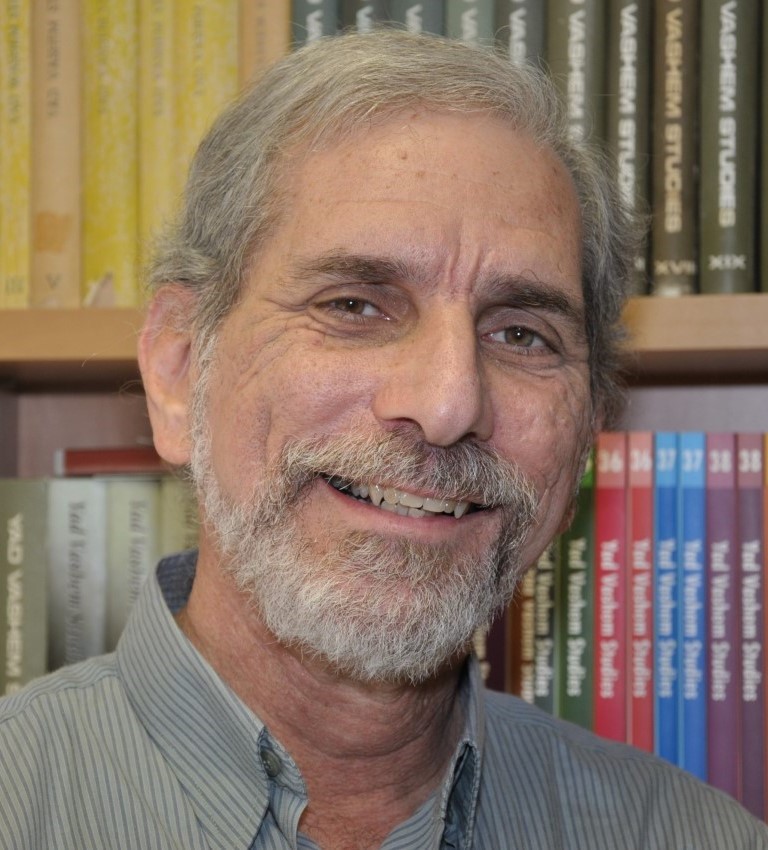 E-mail: This email address is being protected from spambots. You need JavaScript enabled to view it.
E-mail: This email address is being protected from spambots. You need JavaScript enabled to view it.
Dr. David Silberklang is Senior Historian at the International Institute for Holocaust Research at Yad Vashem, and Editor of the scholarly journal Yad Vashem Studies. He teaches Jewish History at the University of Haifa’s Weiss-Livnat International MA Program in Holocaust Studies and at the Rothberg International School of the Hebrew University of Jerusalem. He has also taught at Royal Holloway University of London, the University of Sydney, and Case Western Reserve University, among others. David was also part of Israel’s delegation to the International Holocaust Remembrance Alliance for twelve years, as a member and Chair of the Academic Working Group, a member of the Committee on Antisemitism and Holocaust Denial, and numerous other steering committees and planning teams. Among his past functions at Yad Vashem, David was Editor-in-Chief of Publications, Series Editor of The Holocaust Survivors’ Memoirs Project, and Chief Historian of the Museum Development Project. In the last capacity, he wrote the extensive conceptual historical outline that served as the basis for the content of the new Holocaust History Museum at Yad Vashem. Dr. Silberklang has published widely on the Holocaust and his book, Gates of Tears: The Holocaust in the Lublin District was a finalist for the National Jewish Book Award and for the Yad Vashem International Book Prize in Holocaust Research.
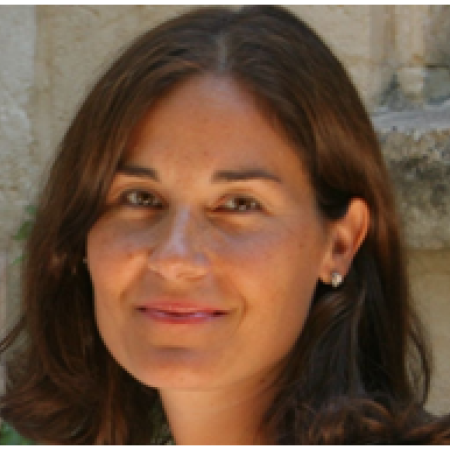 E-mail: This email address is being protected from spambots. You need JavaScript enabled to view it.
E-mail: This email address is being protected from spambots. You need JavaScript enabled to view it.
Dr. Rachel Perry received her doctorate in Art History at Harvard University, specializing in art in France during the Occupation and Reconstruction. Her research straddles the fields of Art History, Visual Culture, and Holocaust Studies with a strong focus on visual ethics, atrocity photography, exhibition design, the relationship between aesthetics and politics, and questions of cultural diplomacy and nationalism. In 2018, she curated the exhibition “Arrivals, Departures: The Oscar Ghez Collection” at the Hecht Museum and authored the catalogue A Memorial to Jewish Artists, Victims of Nazism with graduate students in the department. The recipient of fellowships from the Getty Foundation, the Dedalus Foundation, the Fondation de la Memoire de la Shoah, Yad Vashem Institute, EHRI and CASVA (Center for Advanced Studies in Visual Culture), she has published widely on topics such as Yizkor Books, Found Footage in Holocaust video installations, Color Reproduction, Postcards and Travelling Memory, Curating Holocaust Art, Emotions and/in Holocaust Studies, Reenactment, Performance and Participatory Practices, Graphic Narratives and Visual Testimony. She is currently Scholar in Residence at the Hadassah-Brandeis Institute writing a manuscript on Holocaust graphic albums in December 2019.
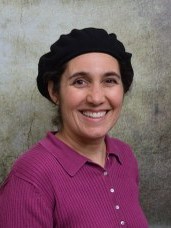 E-mail: This email address is being protected from spambots. You need JavaScript enabled to view it.
E-mail: This email address is being protected from spambots. You need JavaScript enabled to view it.
Dr. Eliyana Adler is an Associate Professor in the Department of History and Program in Jewish Studies at the Pennsylvania State University, studies modern East European Jewish History. She is the author of In Her Hands: The Education Jewish Girls in Tsarist Russia (2011), winner of the Heldt Prize, and articles published in Polin, East European Jewish Affairs, Holocaust and Genocide Studies, Yad Vashem Studies, The Journal of Holocaust Research, and other journals as well as co-editor of volume 30 of Polin (2018), Reconstructing the Old Country: American Jewry in the Post-Holocaust Decades (2017) and Jewish Literature and History: An Interdisciplinary Conversation (2008). She has held fellowships at the Humanities Institute of Penn State, the German Historical Institute of Warsaw, IREX, the Hadassah-Brandeis Institute, Yad Vashem, the United States Holocaust Memorial Museum and the YIVO Institute for Jewish Research. Dr. Adler is currently completing a manuscript on the experiences of Polish Jews who survived World War II in the un-occupied regions of the USSR.
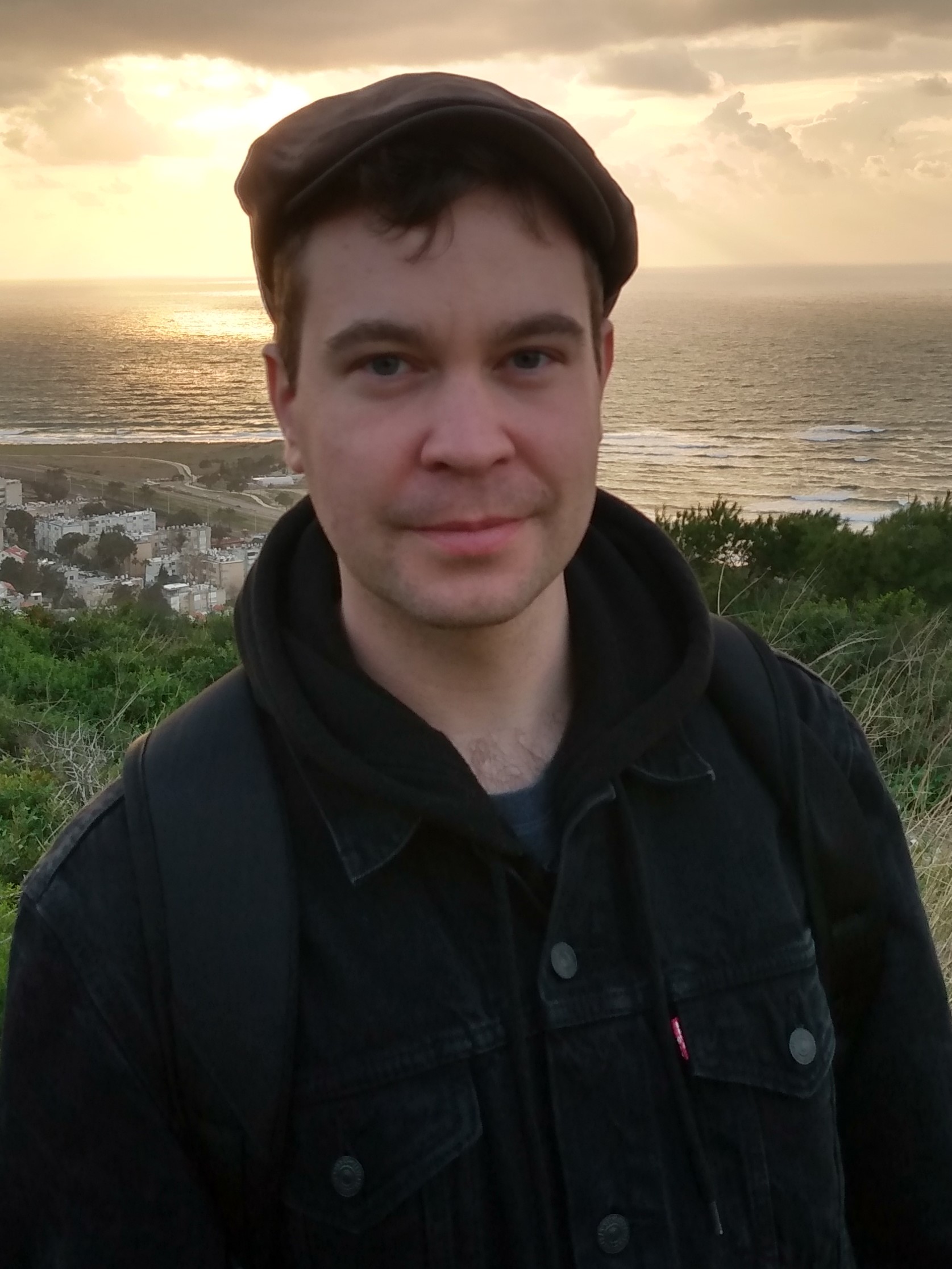 E-mail: This email address is being protected from spambots. You need JavaScript enabled to view it.
E-mail: This email address is being protected from spambots. You need JavaScript enabled to view it.
Dr. Lukas Meissel is a historian and post doc research fellow at The Richard Koebner Minerva Center for German History at The Hebrew University of Jerusalem with a post-doctoral grant from the Fondation pour la Mémoire de la Shoah, Paris. His post-doc project is called Photographic Testimonies. An Integrated Visual History of Survival and Resistance. He wrote his PhD thesis Beyond the Perpetrators’ Gaze. An Integrated Visual History of Nazi Concentration Camps at the University of Haifa, and earned BA and MA degrees in history and contemporary history at the University of Vienna, Austria. Prior to his studies in Israel, Lukas worked in the Jewish Community of Vienna and in various Holocaust studies and education projects (e.g. deputy chairperson Verein GEDENKDIENST, educator and guide Mauthausen Committee Austria). His research, lectures and teaching focus on Holocaust and Genocide studies/education, visual history, US-Israeli-Austrian relations, and antisemitism. He has published articles in international peer-reviewed journals, the award-winning monograph Mauthausen im Bild (Vienna: edition Mauthausen, 2019) about perpetrator photography in the Mauthausen concentration camp and edited volumes about Holocaust studies and education. Lukas received fellowships and grants in Israel, the USA, Germany, Austria and France; his PhD thesis was awarded the Robert Wistrich Prize 2024, the Herbert Steiner Prize 2024 and the Theodor Körner Prize 2021.
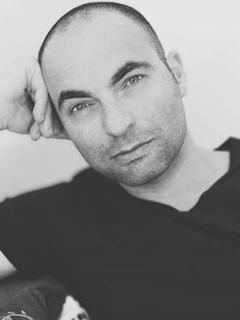 E-mail: This email address is being protected from spambots. You need JavaScript enabled to view it.
E-mail: This email address is being protected from spambots. You need JavaScript enabled to view it.
Dr. Shmuel Lederman received his Ph.D. from the University of Haifa in 2012. He specializes in political theory and genocide studies and has published articles in major journals in these fields. His first book, Hannah Arendt and Participatory Democracy: A People's Utopia, has recently been published by Palgrave Macmillan. He serves as a research fellow at the Weiss-Livnat International Center for Holocaust Research and Education, as well as at the Forum for Regional Thinking - a research institute dedicated to the study of the Middle East. He is also the assistant editor of the journal History and Memory, which focuses on the relationship between history and collective memory from various perspectives. His published articles can be found here: https://openu.academia.edu/ShmuelLederman
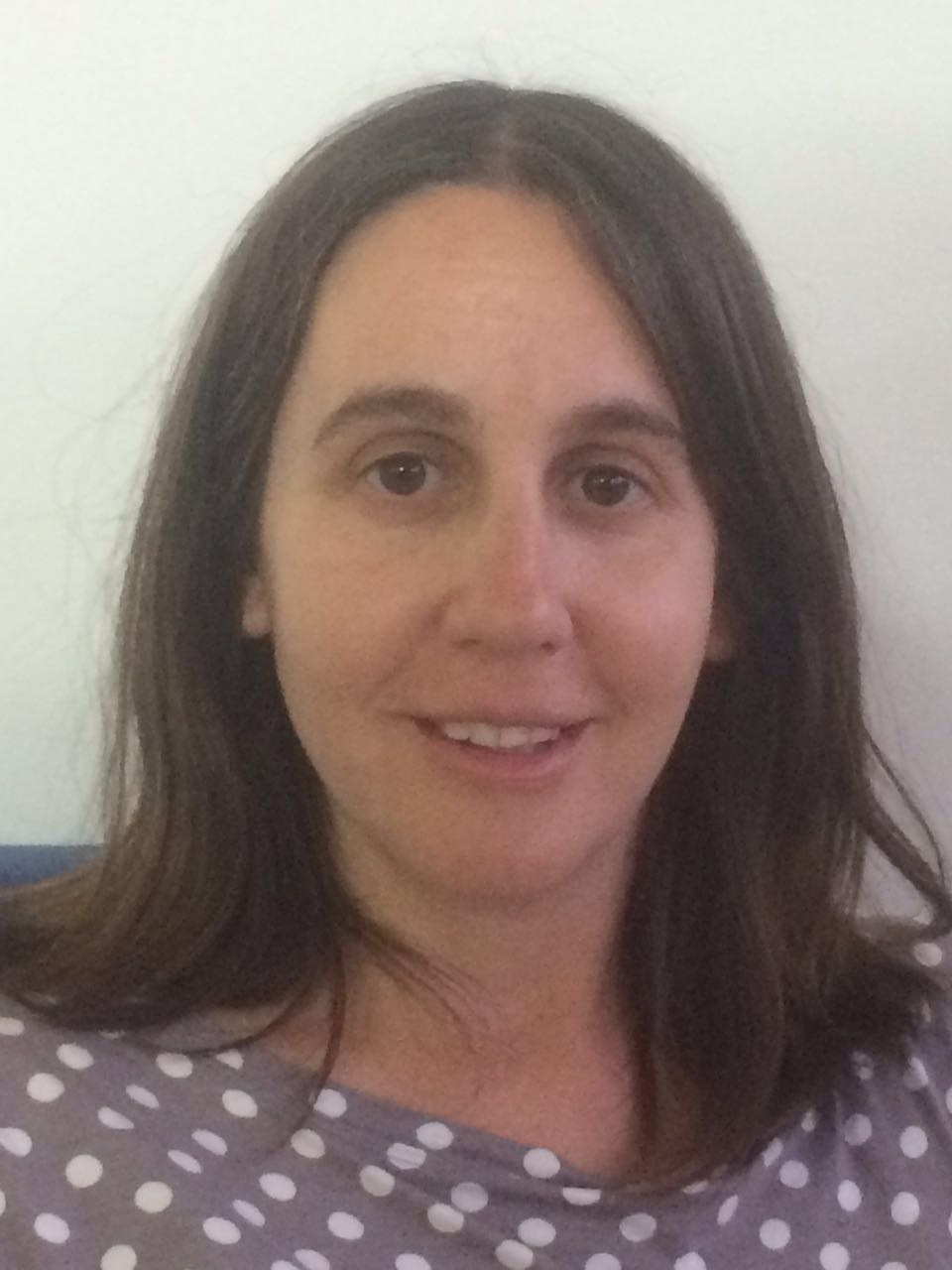 E-mail: This email address is being protected from spambots. You need JavaScript enabled to view it.
E-mail: This email address is being protected from spambots. You need JavaScript enabled to view it.
Dr. Adi Duchin wrote her thesis in the Department of Counseling and Human Development, Faculty of Education, University of Haifa. The title of her thesis is Memory Books as a Bridge between the Generations: The Writing of Holocaust Survivors and the Reading Responses of their Children and Grandchildren. Adi is a certified bibliotherapist, worked in Eitanim Mental Health Center in Jerusalem. Her research interests include the impact of writing on trauma processing, intergenerational communication patterns in families of Holocaust survivors, and readers’ responses to books written by Holocaust survivors.
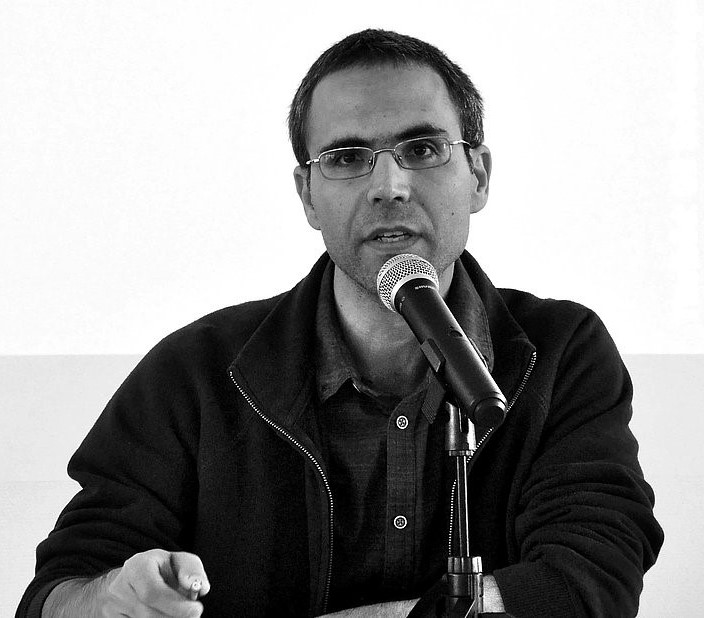 E-mail: This email address is being protected from spambots. You need JavaScript enabled to view it.
E-mail: This email address is being protected from spambots. You need JavaScript enabled to view it.
Dr. Tom Navon is a senior lecturer at the School for Regional and Historical Studies at the University of Haifa. Between 2020–23 he spent a fellowship at the Leibniz Institute for Jewish History and Culture—Simon Dubnow in Leipzig. His research focuses on Jews in leftist politics in Central and Eastern Europe. He published two monographs: Marxist Interpretations of Jewish History (Jerusalem: Zalman Shazar Center in 2023 [Hebrew]), based on his doctoral dissertation completed at the University of Haifa in 2020; and Radical Assimilation in the Face of the Holocaust: Otto Heller (1897–1945) (Albany: State University of New York Press, 2024). He is currently studying the history of the Jewish communists in the Warsaw Ghetto.
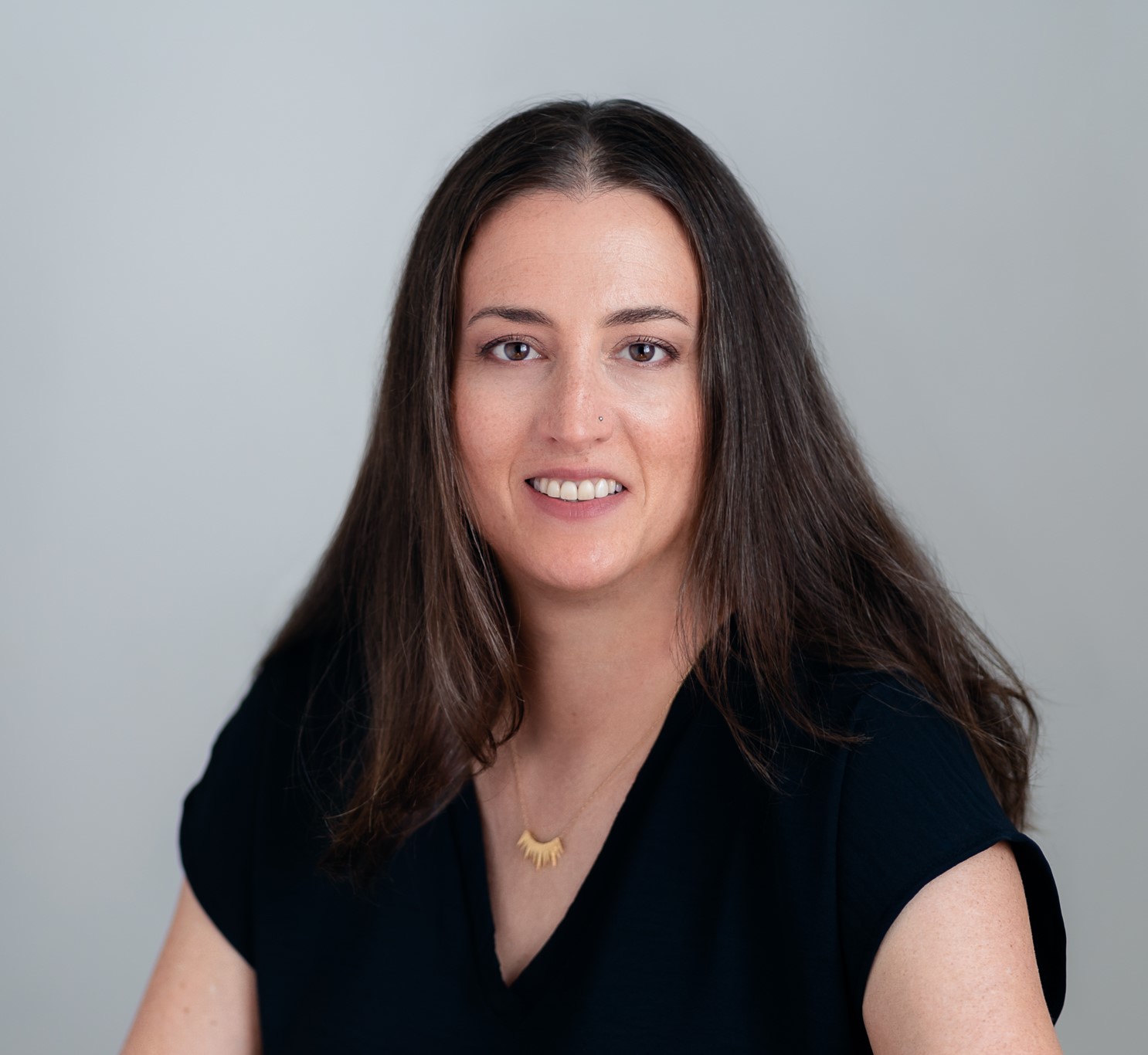 E-mail: This email address is being protected from spambots. You need JavaScript enabled to view it.
E-mail: This email address is being protected from spambots. You need JavaScript enabled to view it.
Personal website: https://michalaharony.net
Dr. Michal Aharony is Editor of The Journal of Holocaust Research. Her main research fields are modern political thought and Holocaust studies. Dr. Aharony received her Ph.D. in political science from the New School for Social Research in 2010. In 2010-2013 she was a Postdoctoral Fellow at the Open University, Israel; at the International Institute for Holocaust Research at Yad Vashem in Jerusalem; and in the Franz Rosenzweig Minerva Research Center at the Hebrew University of Jerusalem. Dr. Aharony is the author of the book, Hannah Arendt and the Limits of Total Domination: The Holocaust, Plurality and Resistance (Routledge, 2015). Her recent articles include: “Fredy Hirsch: Changing Perspectives of his Memory,” Holocaust and Genocide Studies, Volume 35, Issue 1 (Spring 2021): 1-24; “Nihilism and Antisemitism: The Reception of Céline’s Journey to the End of the Night in Israel,” Rethinking History: The Journal of Theory and Practice, Vol. 19, no. 1, 2015; “Über das Lager – die Vernichtung des Menschen als Menschen in der totalen Herrschaft,” in: Julia Schulze Wessel, Christian Volk, und Samuel Salzborn (Hrsg.), Ambivalenzen der Ordnung – Der Staat im Denken Hannah Arendts, Wiesbaden: Springer VS, 2013; and “Hannah Arendt and the Idea of Total Domination,” Holocaust and Genocide Studies (2010).
 Dr. Nurit Novis-Deutsch is a lecturer in the Department of Learning, Teaching, and Instruction within the Faculty of Education at the University of Haifa. She received her PhD from the Hebrew University in Jerusalem’s Psychology Department and completed her Post-Doctoral training at UC Berkeley, California. Dr. Novis-Deutsch's psychological research concerns the ways in which people create meaning and make sense of their identity within multiple social contexts, and the modes through which they manage these often-contradictory frames of meaning. She is particularly interested in the impact of individuals’ meaning management and identity-work on their attitudes towards others. In studying these questions, Dr. Novis-Deutsch focuses on values, morality, religion, culture, and identity, as significant points of convergence between the collective and the personal, exploring intrapsychic and inter-group conflicts between them.
Dr. Nurit Novis-Deutsch is a lecturer in the Department of Learning, Teaching, and Instruction within the Faculty of Education at the University of Haifa. She received her PhD from the Hebrew University in Jerusalem’s Psychology Department and completed her Post-Doctoral training at UC Berkeley, California. Dr. Novis-Deutsch's psychological research concerns the ways in which people create meaning and make sense of their identity within multiple social contexts, and the modes through which they manage these often-contradictory frames of meaning. She is particularly interested in the impact of individuals’ meaning management and identity-work on their attitudes towards others. In studying these questions, Dr. Novis-Deutsch focuses on values, morality, religion, culture, and identity, as significant points of convergence between the collective and the personal, exploring intrapsychic and inter-group conflicts between them.
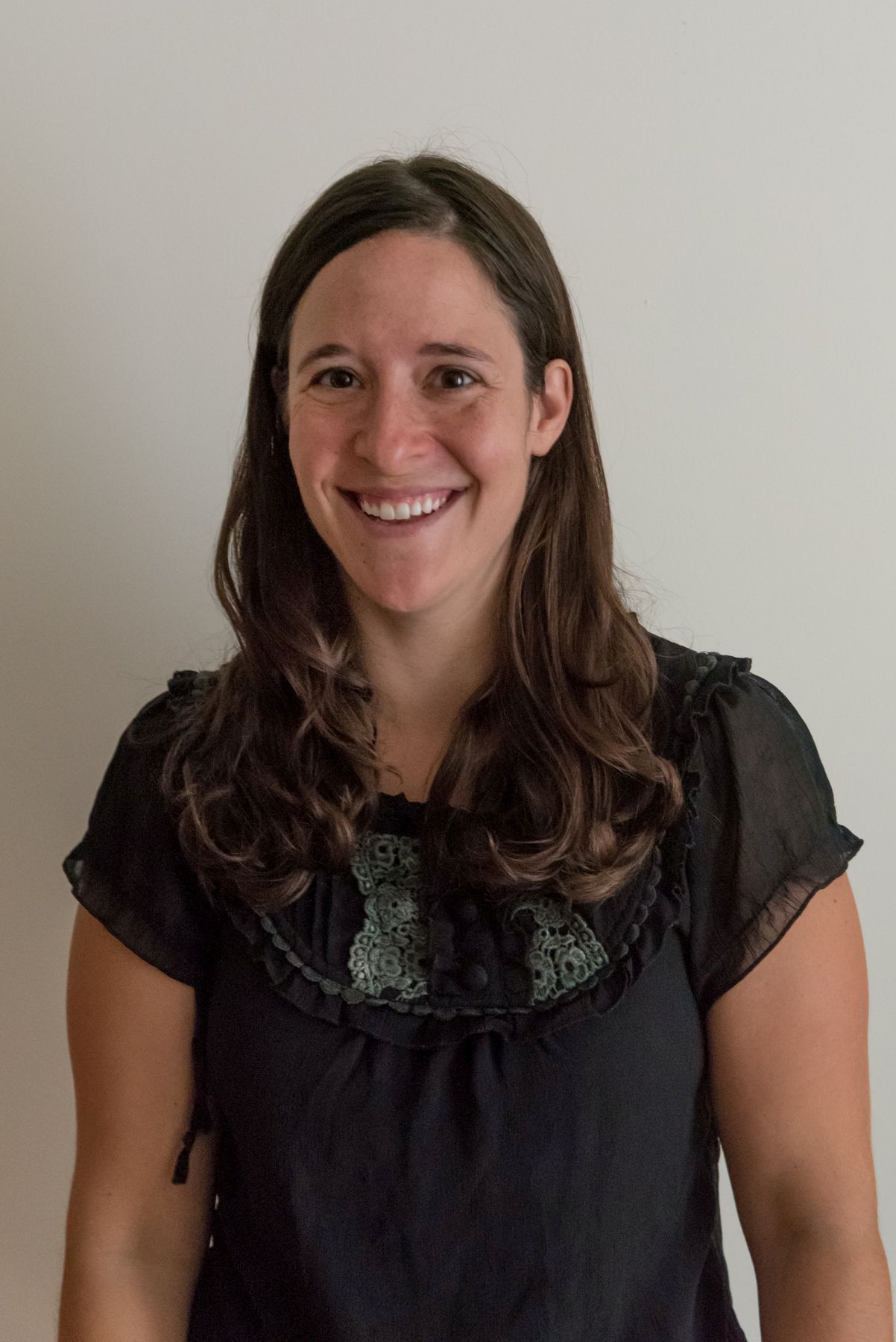 E-mail: This email address is being protected from spambots. You need JavaScript enabled to view it.
E-mail: This email address is being protected from spambots. You need JavaScript enabled to view it.
Emmanuelle Moscovitz is a Phd candidate at Tel Aviv University in the Chaim Rosenberg School of Jewish Studies and Archeology. She received a BA in history at the University of Ottawa and an MA in Jewish studies from the Hebrew University of Jerusalem. Emmanuelle’s PhD dissertation research deals with the General Chaplaincy of the Jews of France and the efforts of its rabbis for the Jews detained in French internment camps. The study of an institution, established by the French state, whose rabbis were ultimately targeted with arrest and deportation and who joined various resistance movements, will shed new light on the relations between French Jewry, the Vichy government, and the French State. Emmanuelle’s recent publications include “L’Aumônerie Générale des israélite de France et la préservation des rites funéraires dans le sud de la France 1940-1944 » published in the Revue d’histoire de la Shoah, and "Caring for the elderly: the efforts of the chaplain rabbis on behalf of the elderly Jews in French Internment camps 1940-1944" published in Yad Vashem Studies.
Since 2013, Emmanuelle has been employed at Yad Vashem where she worked as a tour guide in the Historical Museum, and as a researcher in the International Research Institute for Holocaust Studies from 2013-2015. Since 2015, Emmanuelle has been employed in the Yad Vashem Archives.
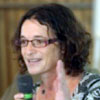 E-mail: This email address is being protected from spambots. You need JavaScript enabled to view it.
E-mail: This email address is being protected from spambots. You need JavaScript enabled to view it.
Tami Rich has been a faculty member of the Weiss-Livnat International MA Program in Holocaust studies since its inception. She earned her post-graduate degrees in Museum Studies and Cultural Studies from Deakin University, Australia. Tami has over 20 years of experience working in museums and heritage sites internationally. She worked for Yad Vashem across a number of departments including; curating, guiding and development of educational materials, and has traveled extensively representing Yad Vashem globally. Tami’s personal academic research is centered on the interpretation of “Difficult Heritage” at Museums and Heritage Sites, with an emphasis on Intangible Heritage. Tami sits on the ICOMOS [International Council on Monuments and Sites] representing Israel, in the Committee for the protection of Intangible Heritage.
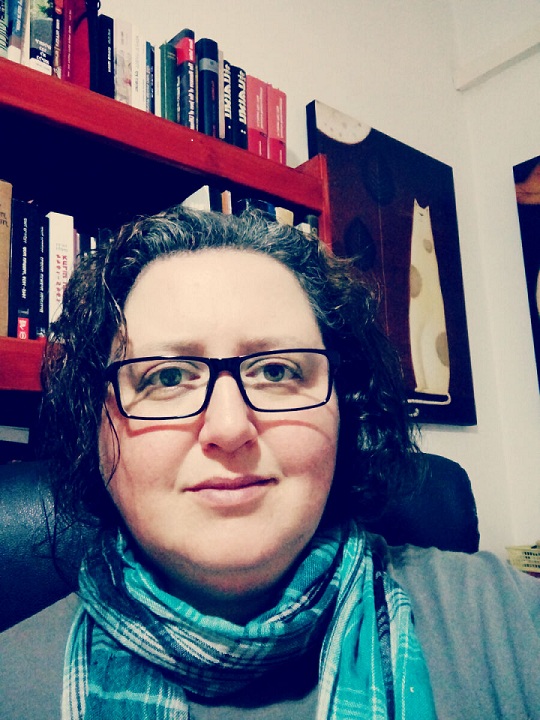 E-mail: This email address is being protected from spambots. You need JavaScript enabled to view it.
E-mail: This email address is being protected from spambots. You need JavaScript enabled to view it.
Natali Beige is a PhD candidate in the Department of Jewish History and the Chaim Rosenberg School of Jewish Studies at Tel Aviv University. Her dissertation studies the Šiauliai region in Lithuania, during World War II and the Holocaust. The research highlight Jewish life in the provincial towns, the complex historical, social and political reality in the rural areas between two world wars, explore the different processes that transformed inter-ethnic relations from neighborly to murderous and examines the various German and local Lithuanian forces that took part in the implementation of the Final Solution in the region. Natali is an alumna of the Weiss-Livnat International MA Program and presented her work at numerous local and international conferences, workshops, and symposia. She has received the Saul Kagan Claims Conference academic fellowship in Advanced Shoah Studies and currently holds a fellowship in Baltic Jewish Studies at the YIVO Institute for Jewish Research.
University of Haifa
Address: 199 Aba Khoushy Ave.
Mount Carmel, Haifa
Israel 3498838
Tel: 972 (0)4 8240111
aweiner@univ.haifa.ac.il